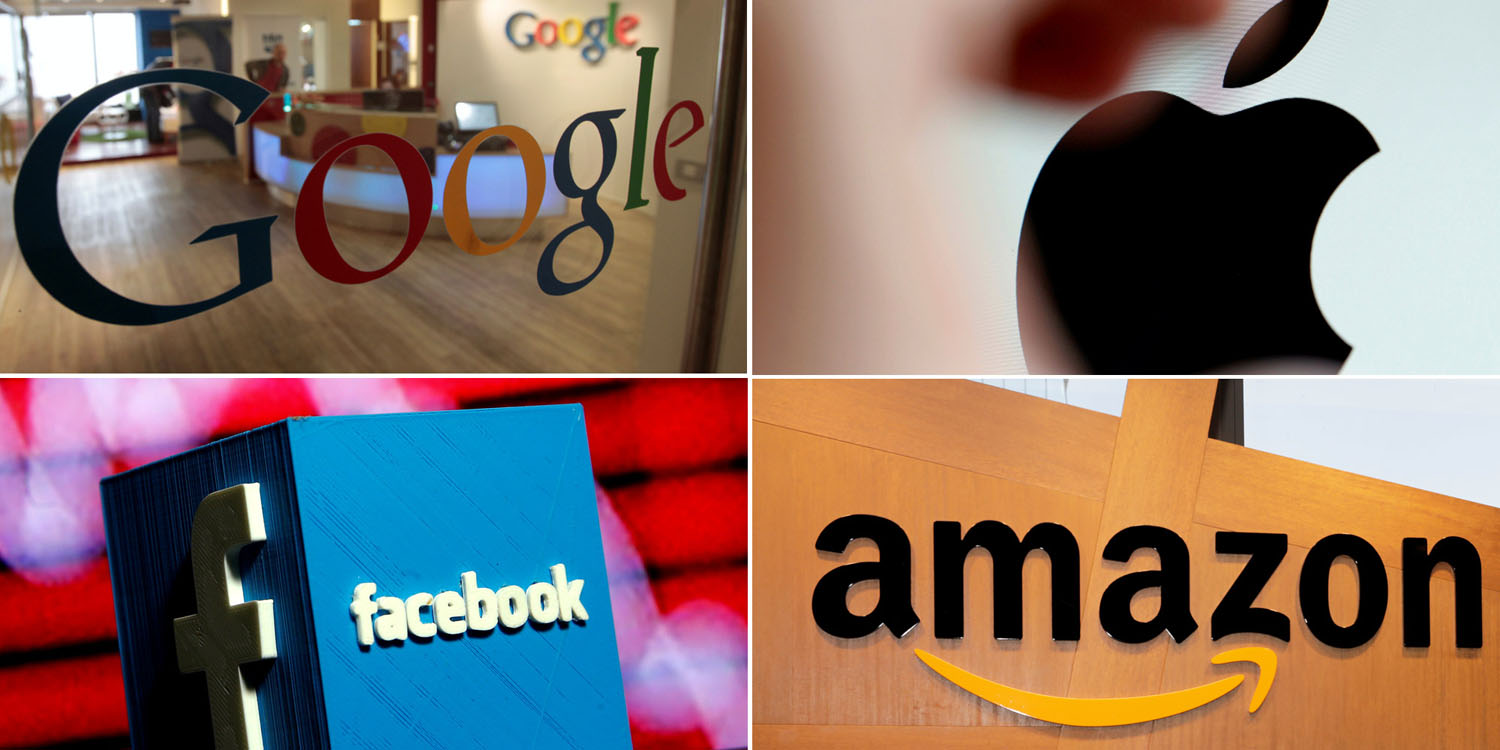Notice anything unusual? Is it odd that, since 1986, the only year with no shootings was 2002, the year after our country was attacked? And there was only 1 per year in the years that followed, before it spiked again as the war became unpopular.
Here is another unusual fact: Israel has only had one mass shooting in recent years. The country is constantly at war. Does that give their lives more purpose?
For hundreds of thousands of years, tribes had to be prepared for war at any moment. But as Stephen Pinker illustrates in Enlightenment, we are living in, quite possibly, the safest time in human history. And yet, we cannot escape our longing for war.
As Scott Alexander notes, our levels of violence are about more than easy access to guns.
"The United States’ homicide rate of 3.8 is clearly higher than that of eg France (1.0), Germany (0.8), Australia (1.1), or Canada (1.4). However, as per the FBI, only 11,208 of our 16,121 murders were committed with firearms, eg 69%. By my calculations, that means our nonfirearm murder rate is 1.2. In other words, our non-firearm homicide rate alone is higher than France, Germany, and Australia’s total homicide rate."I'm coming to the sobering conclusion that war is a part of the human DNA. And my fear is that, if we are not at war with an outside enemy, we will turn on ourselves.
And it isn't just the mentally disturbed, Islamic terrorists, or neo nazis. The most successful political campaigns are the ones that convince people that the other party is trying to destroy American democracy. So we create an enemy where none exists.
We are convinced that immigrants are coming here to take our jobs, rape our women, and sell drugs to our children. Or that republicans are going to increase inequality, establish a police state, only look out for the rich, and take away our healthcare, our unions, our rights. That democrats are going to turn us into a classless Marxist society where all hardworking Americans will be taxed to feed the lazy.
And we need your vote so we can fight them because we cannot let them win.
The War on Drugs, the War on Poverty, the War on Things We Don't Like.
We need to create a system that satisfies our need for war. Repression until the point of rampages doesn't appear to be working.
Maybe it's like Nassim Taleb's idea of antifragility. Maybe men seek volatility in order to strengthen our evolutionary role as protectors. Too much peace weakens us, so something in our DNA convinces us that there is an enemy afoot.





